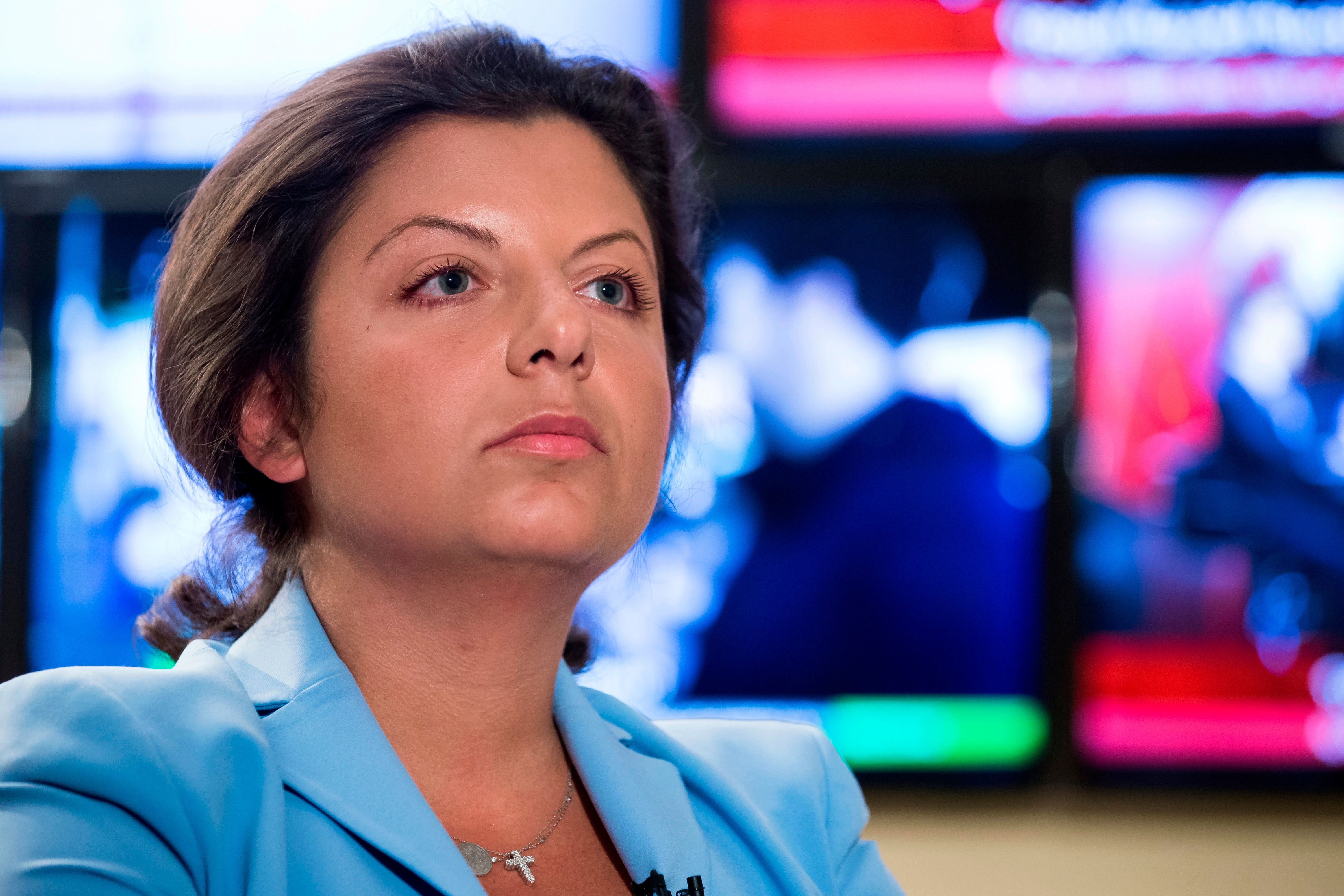YouTube shuts German channels of Russian broadcaster RT
YouTube says it has shut two German channels of Russian state broadcaster RT in a move centering on alleged coronavirus misinformation

Your support helps us to tell the story
From reproductive rights to climate change to Big Tech, The Independent is on the ground when the story is developing. Whether it's investigating the financials of Elon Musk's pro-Trump PAC or producing our latest documentary, 'The A Word', which shines a light on the American women fighting for reproductive rights, we know how important it is to parse out the facts from the messaging.
At such a critical moment in US history, we need reporters on the ground. Your donation allows us to keep sending journalists to speak to both sides of the story.
The Independent is trusted by Americans across the entire political spectrum. And unlike many other quality news outlets, we choose not to lock Americans out of our reporting and analysis with paywalls. We believe quality journalism should be available to everyone, paid for by those who can afford it.
Your support makes all the difference.YouTube says it has shut two German channels of Russian state broadcaster RT in a move centering on alleged coronavirus misinformation, a decision that drew threats of retaliation from Russia on Wednesday.
YouTube, which is owned by Google said RT's German branch had received a “strike” for uploading material that violated YouTube's standards on COVID-19 misinformation, and as a consequence was suspended from uploading new videos to its channel.
“During this suspension, RT DE tried to circumvent this restriction by using another YouTube channel to upload its videos,” which resulted in both channels being terminated for violating YouTube's conditions of use, it added.
Writing on the messaging app Telegram, RT Editor-in-Chief Margarita Simonyan called the move “a true media war” by Germany on Russia.
“I’m looking forward to my native state banning Deutsche Welle and other German media in Russia without delay, as well as close the offices of ARD and ZDF,” Simonyan said, referring to Germany's main public television stations. “Not to mention sanctions on YouTube.”
Kremlin spokesman Dmitry Peskov likened YouTube's decision to censorship.
“There are indications that Russian laws have been violated, violated rather grossly,” he said.
Asked if he believes that companies operating in other countries, like YouTube in Germany, should follow Russian laws, Peskov replied: “Of course — when it comes to violating the rights of our legal entities, moreover, our media outlets.”
The Russian Foreign Ministry said it would ask relevant government bodies to work up retaliatory measures against German media and YouTube, adding that such a response was “not only appropriate, but also necessary.”
Russia’s state communications watchdog, Roskomnadzor, demanded that Google restore access to RT’s YouTube channels and threatened the platform with fines and a ban if it fails to do so.
In Berlin, German government spokesman Steffen Seibert said the government has “taken note” of the YouTube decision.
“Since there are different accounts, particularly on Russian channels, I want to say in crystal-clear terms that this is a decision by YouTube, and the German government, or representatives of the German government, have nothing to do with this decision," Seibert told reporters. “So anyone who alleges that is putting together a conspiracy theory.”
“There is absolutely no reason for... ‘retaliation’ against German media working in Russia," he added. “Anyone who calls for such retaliation...doesn't show a good relationship with press freedom, from our point of view.”
German security services have said they consider RT’s German service to be a propaganda arm of the Russian state.
RT, previously known as Russia Today, provides its German offering online but so far lacks a license to broadcast in Germany via a terrestrial or satellite signal.
Last month, Luxembourg rejected an application by RT for a license to distribute its German-language service via satellite. Authorities in the country concluded that Luxembourg wasn’t the right jurisdiction to rule on the request because RT’s German service is based in Berlin and a significant part of its workforce is in Germany.
___
Daria Litvinova in Moscow contributed to this report.